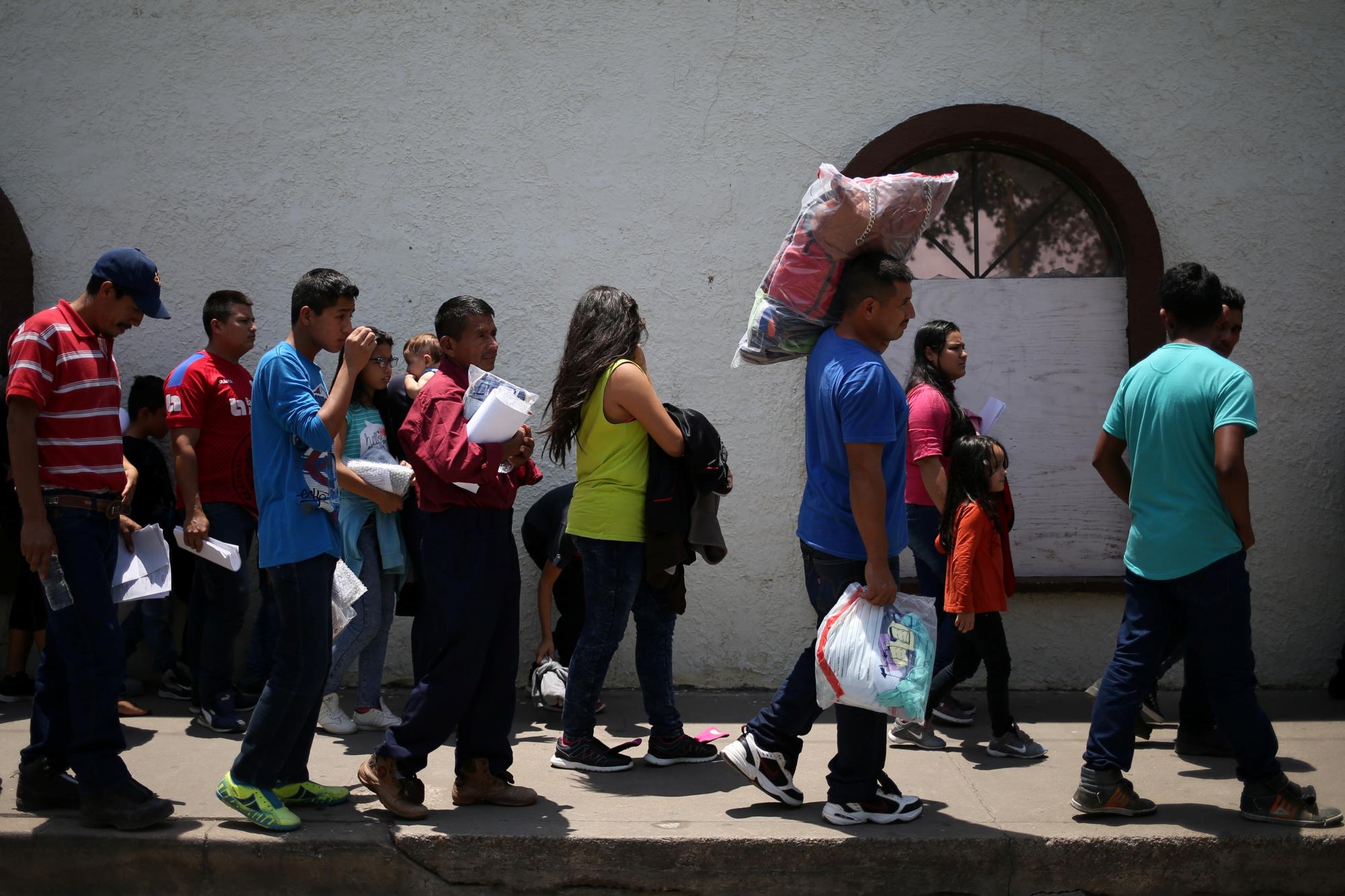Over the past four months, news from the border has chronicled the stories of families detained and separated — many of them seeking asylum from gang violence in Central America. Children as young as 8 months have been taken from their parents and sent across the country to children’s shelters, privately run detention centers, and, some, to foster families. Now, 20 days after a court-imposed deadline, more than 550 children still have not been returned to their parents, at least 300 of whom have been deported.

Undocumented immigrant families walk from a bus depot to a respite center after being released from detention in McAllen, Texas, July 26, 2018. REUTERS/Loren Elliott
'This Is Not a Crisis. This Is a Long-Term Disaster'
'This Is Not a Crisis. This Is a Long-Term Disaster'
Family Separation Is the Latest Eruption in an Ongoing Story
Read the Full Article

Already a subscriber? Login
Got something to say about what you're reading? We value your feedback!



